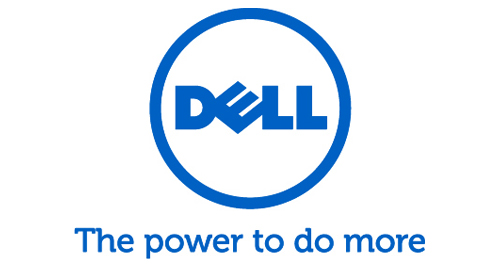Two years ago, Michael S Dell succeeded in taking the company that bears his name private, giving him time and flexibility to adapt it to a rapidly changing technology industry.
Now the company is poised to strike the biggest-ever takeover in the technology industry by buying a fellow company grappling with swift changes: Storage provider EMC.
In striking its roughly $65 billion deal, which is expected to be announced soon, Dell and its financial backer, investment firm Silver Lake, are betting that a huge acquisition will help one of the best-known names in the industry keep up with the times.
No longer can a company like Dell thrive simply by making personal computers, the business its founder began in his dorm room three decades ago. Michael Dell recognized that fact when he and Silver Lake took the company private two years ago, with the goal of continuing to move toward corporate computing services away from the glare of the public stock markets.
Buying EMC would give Dell one of the biggest names in computer data storage, adding to existing offerings like network servers, corporate software and mobile devices.
“We’re continuing to evolve the company into the most relevant areas where IT is moving,” Dell said in an interview. “This deal just accelerates that.”
Under the terms of the deal, Dell will pay the equivalent of $33.15 a share in a complicated transaction involving both cash and a special kind of stock. That price is about 27% higher from where EMC’s shares were trading before news of the deal emerged.
The takeover is an ambitious bet on a number of fronts. While the rapid pace of big mergers and acquisitions has not stopped, Dell, in buying EMC, would acquire a huge amount of debt. But that money would be borrowed before an expected rise in interest rates.
And it would mean making Dell even bigger at a time when companies of all stripes believe smaller is better. Many tech companies have announced plans to break themselves into their components, each devoted to a particular part of the market.
Moving away from the conglomerate model, proponents contend, means that each business will have greater focus from both management and shareholders, hopefully resulting in a higher stock price for the new companies.
Hewlett-Packard, for instance, is close to completing a split of its enterprise-services business from its personal computer arm. EBay spun off its PayPal payments business from its core e-commerce market division this year.
EMC itself has been criticized by investors for its “federation,” a collection of businesses that range from data storage to networking to content management, although its management has largely rebuffed calls for a total breakup of the company.
Yet Dell and his counterpart at EMC, Joe Tucci, argue that sticking with the one-stop-shop business model will help it draw corporate customers eager to buy servers.
Founded outside Boston nearly four decades ago, EMC has been one of the last huge East Coast tech companies. But it has struggled over the past decade as the cost of data storage has plummeted and as additional acquisitions have failed to reverse its fortunes.
Shares in EMC had fallen more than 12% before news of the talks emerged.
The bulk of the company’s value is in its 81% stake in VMware, a popular maker of virtualization software that emulates different operating systems. That company has a market value of about $33 billion, valuing EMC’s stake at about $27 billion.
EMC as a whole was valued at about $53.6 billion as of Friday’s close.
Since last year, EMC has been under significant pressure from Elliott Management, a $27 billion hedge fund with a track record of shaking up tech companies that it believes are underperforming.
Although the company struck a truce with its dissident investor in January, it has yet to produce a comprehensive turnaround plan. Elliott has been patient, making no public statements even though a standstill agreement between the two expired last month. But analysts have questioned whether the activist investor would again raise its voice and call for sweeping changes.
Over the past couple of months, though, EMC has been quietly negotiating with Dell and Silver Lake on a sale of itself, after previous efforts — including a potential sale of itself to HP — fell apart.
Dell was a natural acquirer. Michael Dell’s company has spent billions of dollars on its shift from personal computers. And in its new life as a privately held company it has moved faster on business decisions, without the second-guessing from public market investors.
“This is the ultimate platform company,” Egon Durban, a managing partner at Silver Lake, said. “This is everything we love as an investor.”
Dell’s business performance, or what one can glean of it, also appears to be holding up. Its overall share of the global PC market has held relatively steady at about 14%, in part because its sales have slipped less than those of its rivals.
Taking EMC private could afford that company the same sort of breathing room Dell has enjoyed.
Executives involved in the deal said that a significant portion of the debt will be rated near investment grade, making the interest payments lower.

